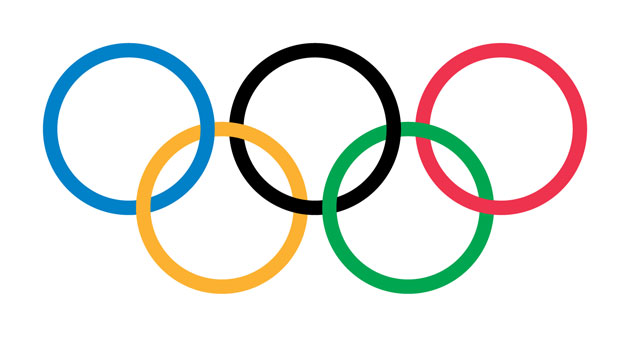Lausanne, Jan 30, 2015: The International Olympic Committee (IOC), in partnership with UNESCO and several other international organisations, has cooperated on new Guidelines, released today, urging governments and educational planners to invest in the quantity and quality of physical education that they offer.
The action-orientated Quality Physical Education (QPE) Guidelines, which are in line with the IOC’s mission to include sport in school curricula worldwide and to promote Olympic values-based education, were presented today during a meeting of theIntergovernmental Committee for Physical Education and Sport (CIGEPS) at the IOC headquarters in Lausanne.
IOC President Thomas Bach said: “Physical Education in schools is crucial if we are to get the couch potatoes off the couch. Sport has a central role to play in the education system, not just to fight against obesity and sedentary behaviour, but studies have shown time and again the positive effects physical activity has on the social and intellectual development of young people. Collaborating closely with UNESCO, we will ensure physical education is an integral part of school curricula to promote a healthy mind in a healthy body.”
Working in schools is the best way to reach young people and tackle inactivity. The Guidelines are a tool to help governments reverse the decline in investment in physical education in schools, which has been happening in many countries recently. They give a framework to help policy-makers reshape physical education policy as well as providing practical advice for implementing the Guidelines.
In conjunction with the online publication of the QPE Guidelines, and recognising that physical education and sports-related programmes need to reflect local settings, a pilot phase will be launched to test and assist with the implementation of these Guidelines at the national level. The IOC will specifically provide support to five pilot countries, through their National Olympic Committees (NOCs), from March 2015 to April 2016.
The IOC has long been at the forefront of using sport as a tool for education. Through its Olympic Values Education Programme (OVEP), the IOC has demonstrated that Olympic values-based education can inspire young people to adopt healthy, active lifestyles built on the values of friendship, excellence and respect. As outlined inOlympic Agenda 2020, the IOC’s strategic roadmap for the future of the Olympic Movement, the IOC will continue to strengthen its partnership with UNESCO to achieve its shared vision that sport is a fundamental human right and that physical education should be available to all individuals. —- IOC


Leave a Reply
You must be logged in to post a comment.